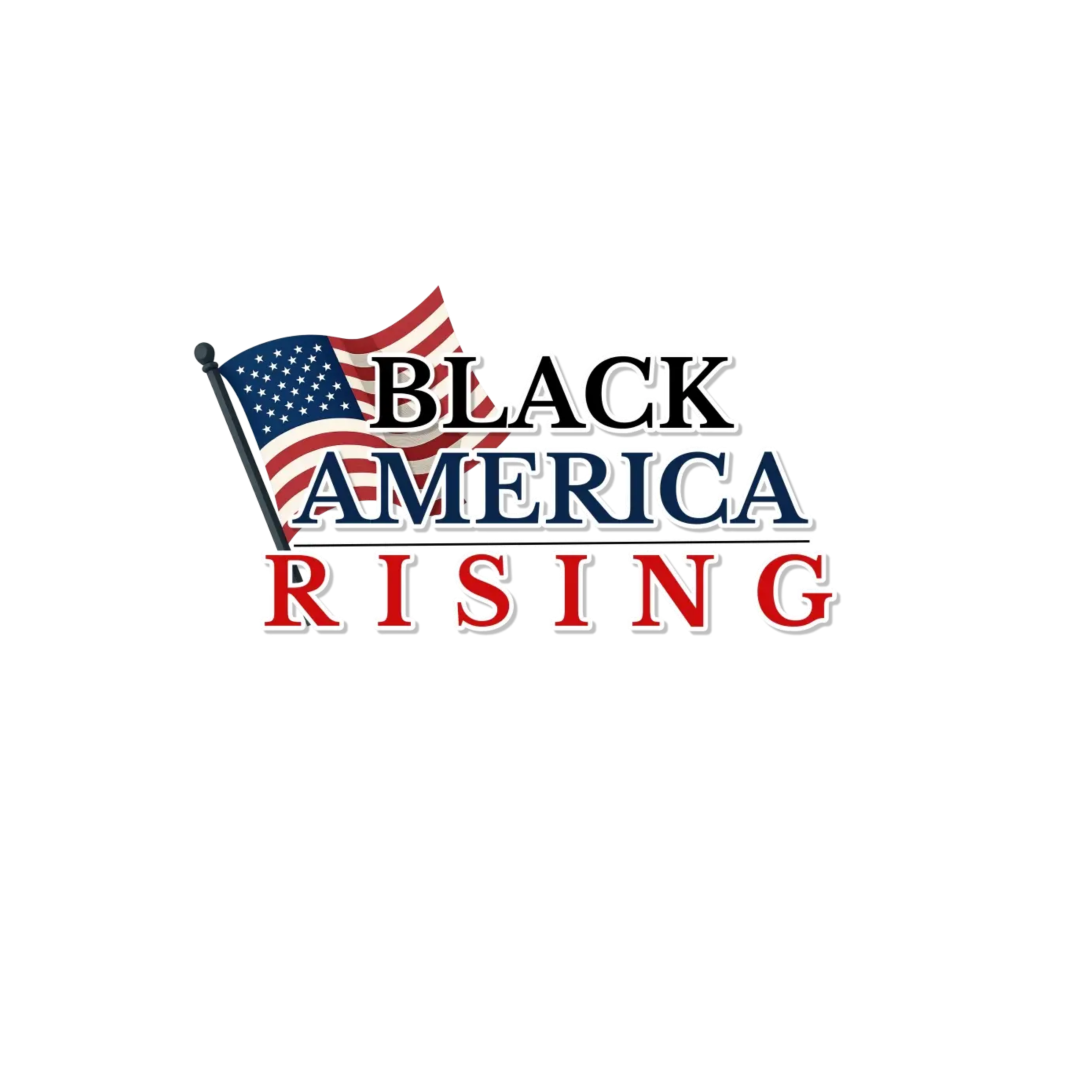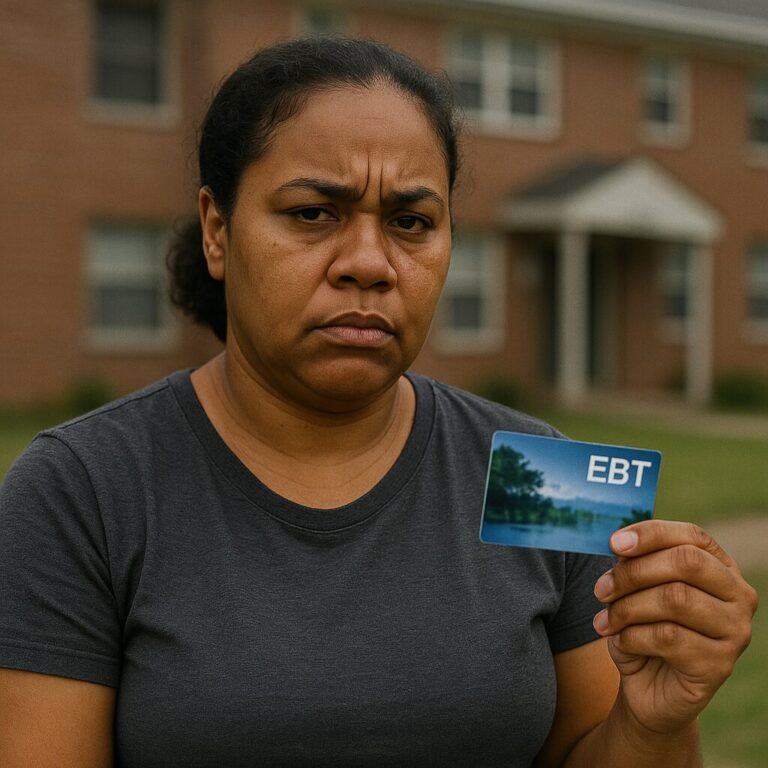For decades, Black America has been told that government programs are the answer to poverty and inequality. Welfare, housing vouchers, food stamps, bail reform, education initiatives — all marketed as lifelines. But after generations of dependency, the question must be asked: have these programs truly developed our people, or have they kept us trapped in survival mode?
The Promise of Policy vs. The Reality
When the War on Poverty was launched in the 1960s, politicians promised opportunity and uplift. Instead, the Black family collapsed, urban neighborhoods deteriorated, and dependency became normalized. Social policy has too often been less about empowerment and more about control — rationing survival while never producing wealth.
The Trap of Dependency
Dependency is not just about money — it is about mindset. When people are conditioned to believe survival depends on government aid, initiative dies. This is why neighborhoods filled with nonprofits, grant programs, and welfare offices are often the same neighborhoods with no thriving businesses, no strong families, and no real political power.
Policy and the Black Vote
For decades, Black voters have been loyal to one party that promises reform but delivers dependency. Loyalty without leverage is wasted power. Every election cycle, politicians sell hope — but our schools, housing, and health outcomes remain the same. Dependency has become a political currency used to keep our people in check.
New Approaches for Development
If policy is going to matter, it must be tied to development — not dependency. That means:
- Land Ownership: Incentivize families to build and pass down property.
- Business Tax Credits: Reward entrepreneurship and group economics.
- Health Autonomy: Shift funding to preventative health, nutrition, and wellness.
- Trade & Skill Programs: Support industries that create jobs without college debt.
From Protest to Power
Marches and hashtags may raise awareness, but without leveraging them into economic and political development, they change little. True sovereignty comes when policy is shaped not by dependency, but by ownership, strategy, and self-determination.




